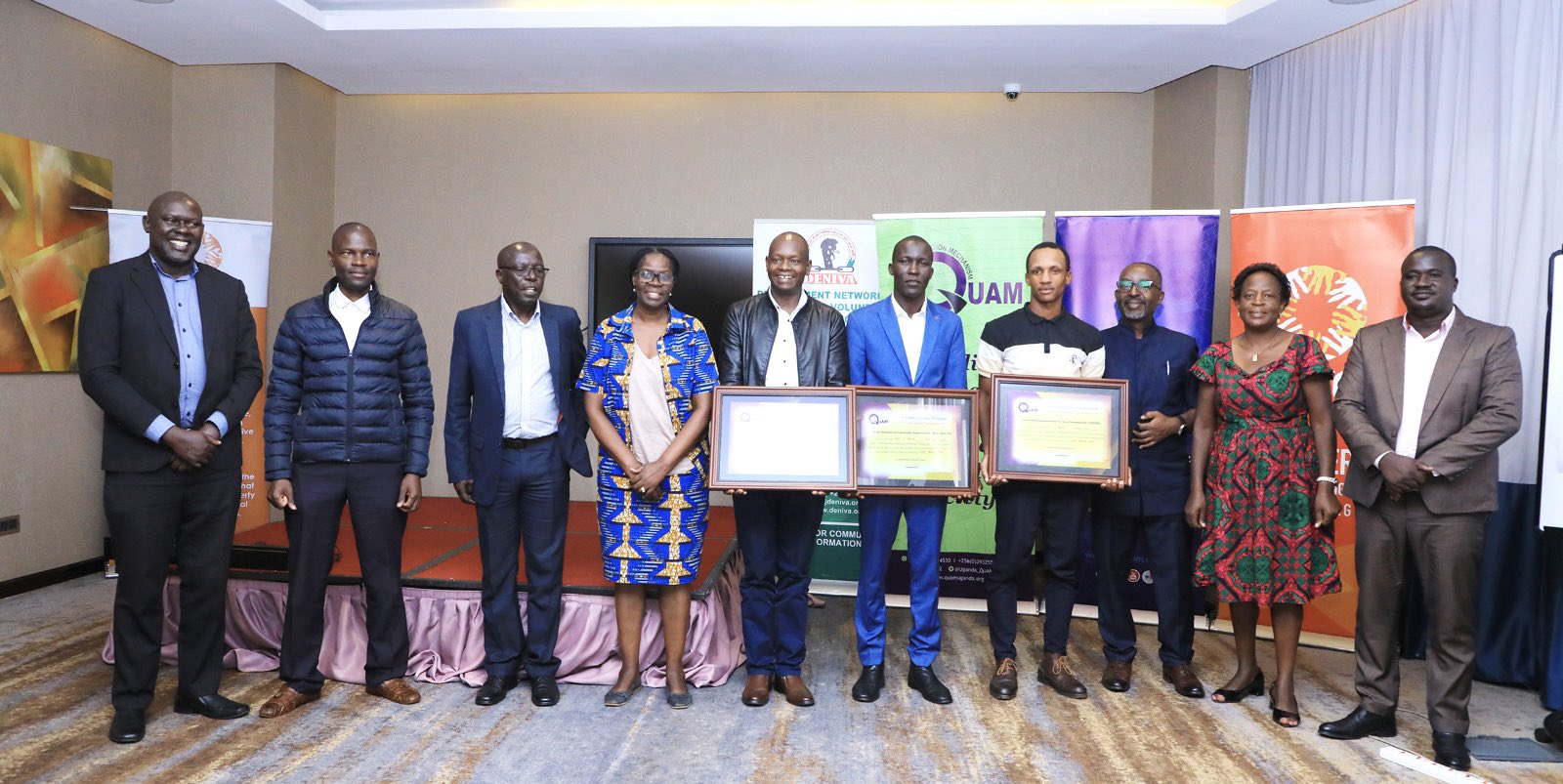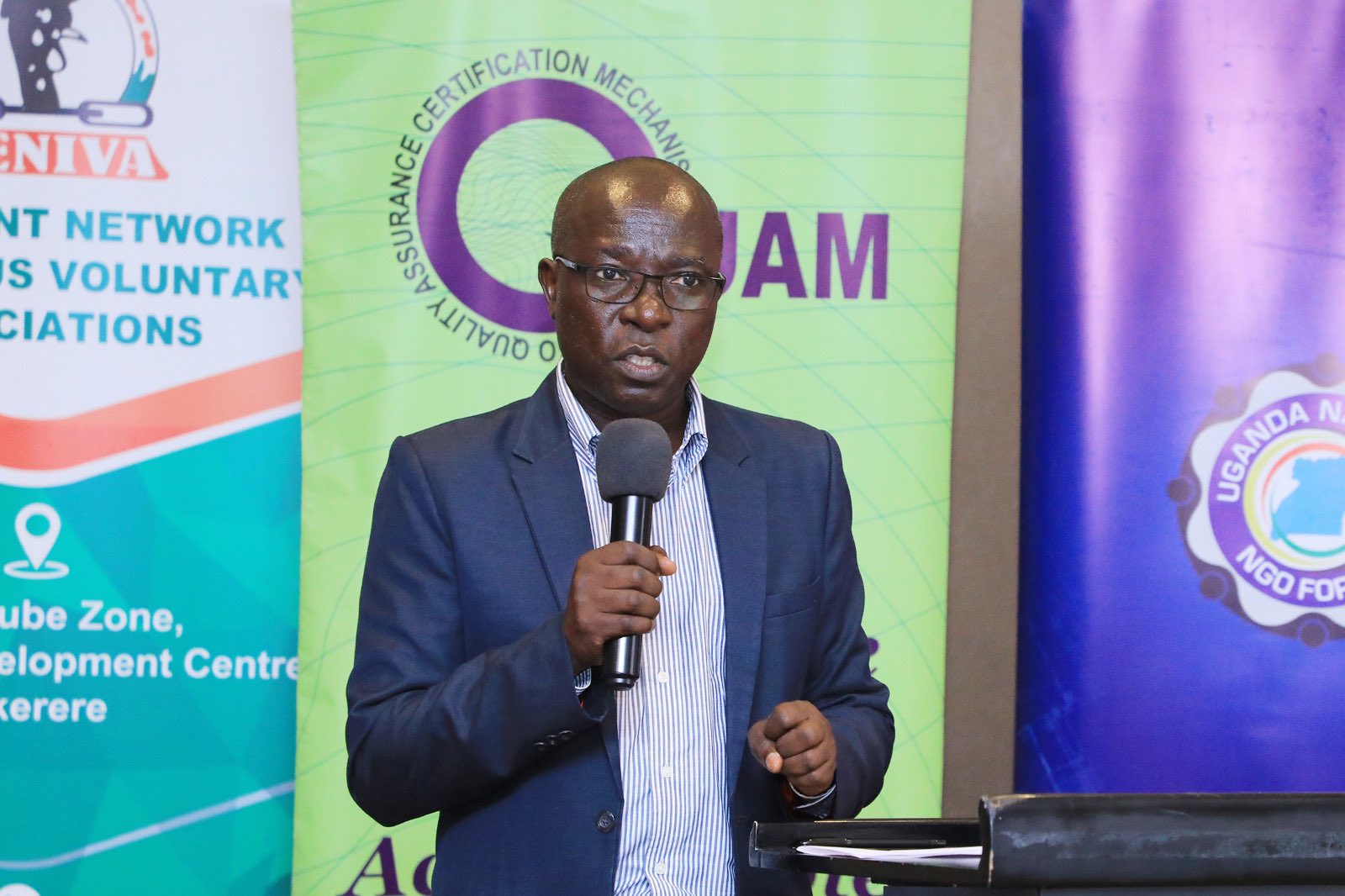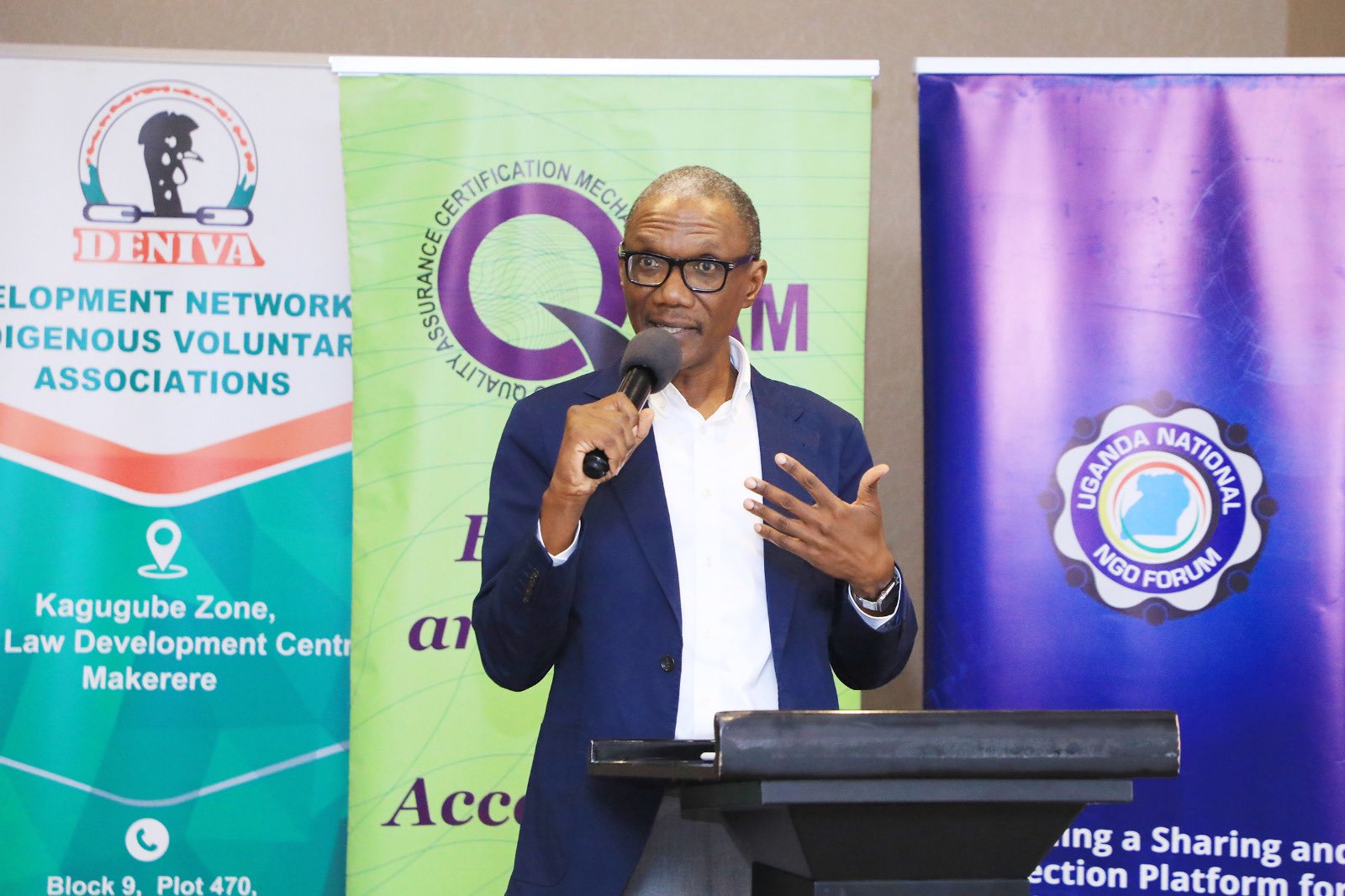Bunyoro Residents want the Army out of Parliament
After regional consultations in Busoga, Kigezi, Bukedi and Teso, residents of Bunyoro region gathered for the consultative forum on the free and fair elections from 10th to 11th October 2014. The participation ranged across all the five districts of Bunyoro including but not limited to Masindi, Hoima, Buliisa, Kiryandongo, Kibaale and Buliisa.
Participants were drawn from the academia, political parties, local government councilors, district chairpersons, members of parliament, representatives of the religious leaders, the prime minister and ministers of Bunyoro Kitara Kingdom, the business community, and members of the security forces, PWDs, PHAs, representatives of youth, women, elders and NGOs.
Through fiery debate and discussions from the discussion groups and plenary, various resolutions and proposals were made on various issues. Among the proposals made, the removal of military from the August house attracted debate which culminated into voting. The proponents of the motion to remove the Military from Parliament tabled various justifications such as; not all interest groups are represented and so why should the army, the army is supposed to be non-partisan, to which side does the army vote for while in Parliament?
Whilst these supported their position strongly, the RDC and district local authorities opposed this motion and insisted that the army should stay in Parliament to offer strategic guidance in terms of peace and security-given our ugly history. In a bid to rest this matter, the participants cast a vote and the proponents won on 40-30 votes.
Among proposals made were standard education qualifications for all leadership positions, mandatory member contributions to their parties, appointment of all commissioners by the Public Service Commission, funding of political parties by Government, changing system of Government to the Parliamentary system or a mixture of the two, improving infrastructure in Bunyoro, region benefiting more from the oil, resolving land wrangles, payment for compensation to land acquisitions among others.
The Free and Fair Elections campaign, which was initiated in February 2014 by a host of civil society organizations and political parties to mobilize Ugandans into a popular demand for a new system of managing elections, emanates from the National Citizens Manifesto process, the vision for Uganda, a peaceful and prosperous country with happy people.
In pursuit of this vision, CSOs and Political parties united in the quest for meaningful electoral reforms that would lead to the selection of the leaders they desire. To date, a number of joint activities have been conducted under the auspices of CALL Uganda, and the Uganda Governance Monitoring Platform (UGMP). These have ranged from Neighborhood Assemblies, Town Hall meetings, public rallies, media engagements and strategy meetings with different stakeholder groupings.
To take the process to a higher level, a national consultation is being organized for the month of September 2014. However 14 regional forums will be convened in the build up to the national consultation



